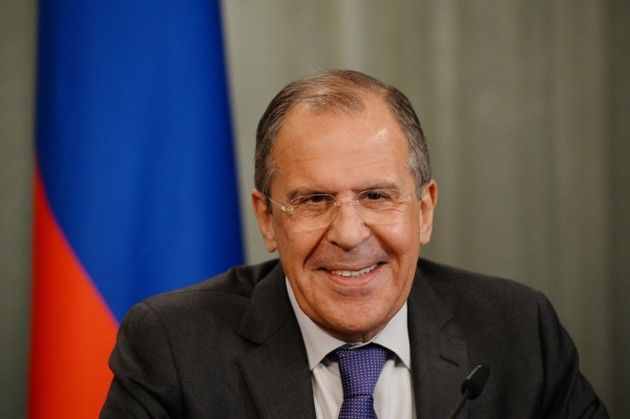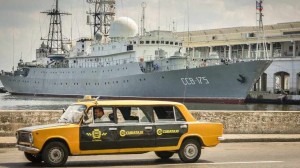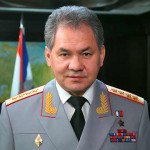
Lavrov: No Russian bases in Latin America
Russia will not set up military bases in Latin America, said Foreign Minister Sergei Lavrov on Saturday (May 17), in an interview on the TV channel Rossiya-1. However, sites for logistical support for Russian ships “might appear,” he added.
“There will be no bases. We do not need them,” Lavrov told Sergei Briliov, host of the prerecorded program “News on Saturday.” The interview was widely reported by the Russian media.

“Our fleet can sail the world’s oceans. But that presupposes sites for material and technical support, where ships can refuel and crews can relax and perform some minor repairs,” he said.
Some Russian ships have already stopped at Port Havana for brief stays, such as the Viktor Leonov, on Feb. 26.
According to the minister, “what’s going to happen is that we’ll look at the offers [from host nations] and we’ll see where our navy will agree on the optimal availability of such sites with our hosts.”
Lavrov was discussing his tour of Latin America (April 29-May 1), when he visited Cuba, Nicaragua, Chile and Peru. His comments came in response to recent speculation over the possible creation of Russian military bases in Cuba, Venezuela, Nicaragua and perhaps Argentina.
Although Lavrov declined to name the potential host nations — “Offhand, I won’t say; we’re not looking to organize such points in every country” — Deputy Defense Minister Anatoly Antonov said two months ago that Russia is negotiating with the governments of Cuba, Venezuela and Nicaragua for the creation of “sites of [logistical] support,” i.e., resupply, for the Russian Navy.
However, Antonov stressed that there were no plans for a permanent presence of armed units of the Russian Navy and Air Force anywhere in Latin America.

Before then, on Feb. 26, Defense Minister Sergei Shoigu had said that negotiations had begun with several countries, including Cuba, Venezuela and Nicaragua, to secure the resupplying of ships and long-range aircraft, such as the Ilyushin-78 tanker.
Last November, the Nicaraguan parliament ratified a government decision to allow Russian ships and planes to conduct an “exchange of experience and training” with Nicaraguan military units during 2014. It also approved joint naval maneuvers in 2015 as part of Nicaragua’s campaign against drug trafficking.
During the televised interview, Lavrov also spoke of his brief meeting on April 30 with Cuban revolutionary leader Fidel Castro.
“Physically, of course, he’s weak, but if you had seen his eyes! His eyes burn, his eyes light up!” the minister said. “The man watches literally everything that happens in the world: developments in Crimea, Ukraine. He knows about scientific discoveries and speaks authoritatively about the prospects of shale gas and how it will affect world energy.”
Fidel “is 88 years old. This is a man who has physically suffered several traumatic events and now, for sure, is not in the best physical shape,” Lavrov said. So far, the Cuban government has not released any photographs of the meeting between the two men.


